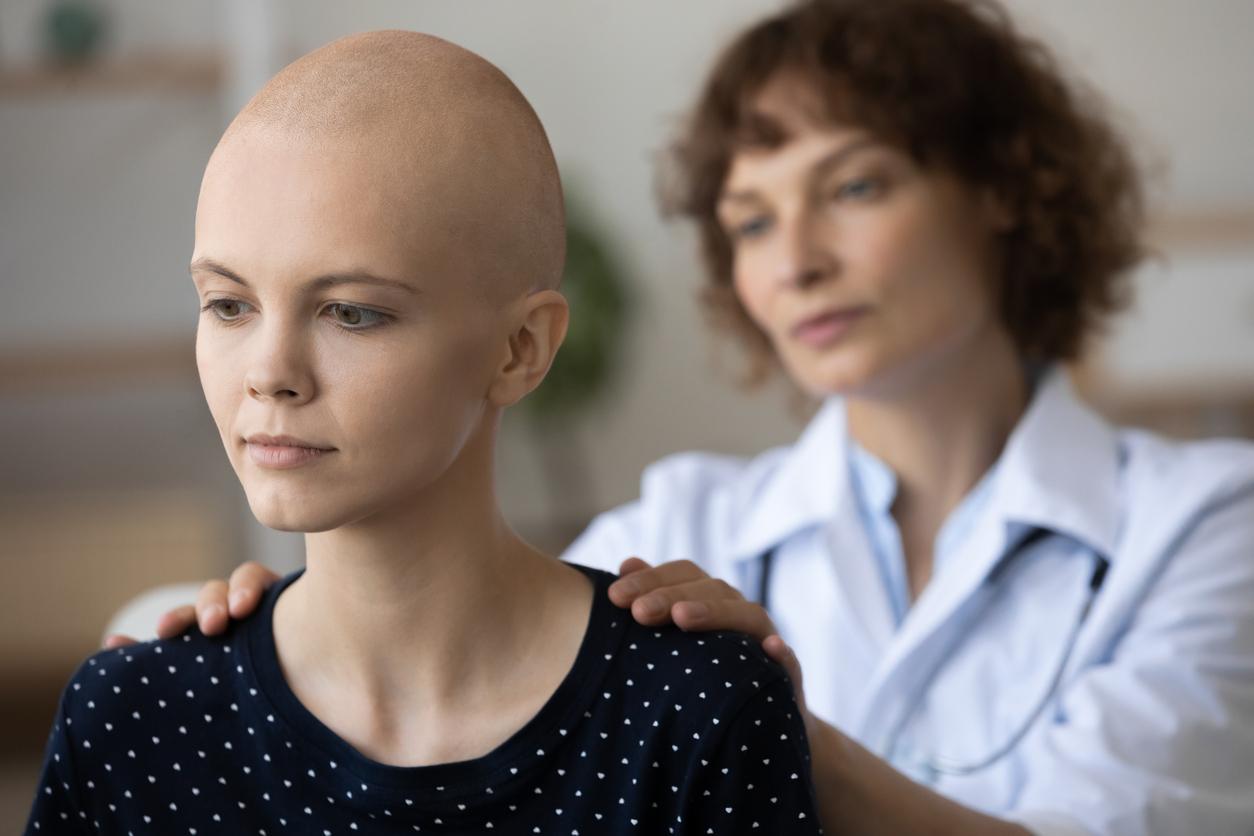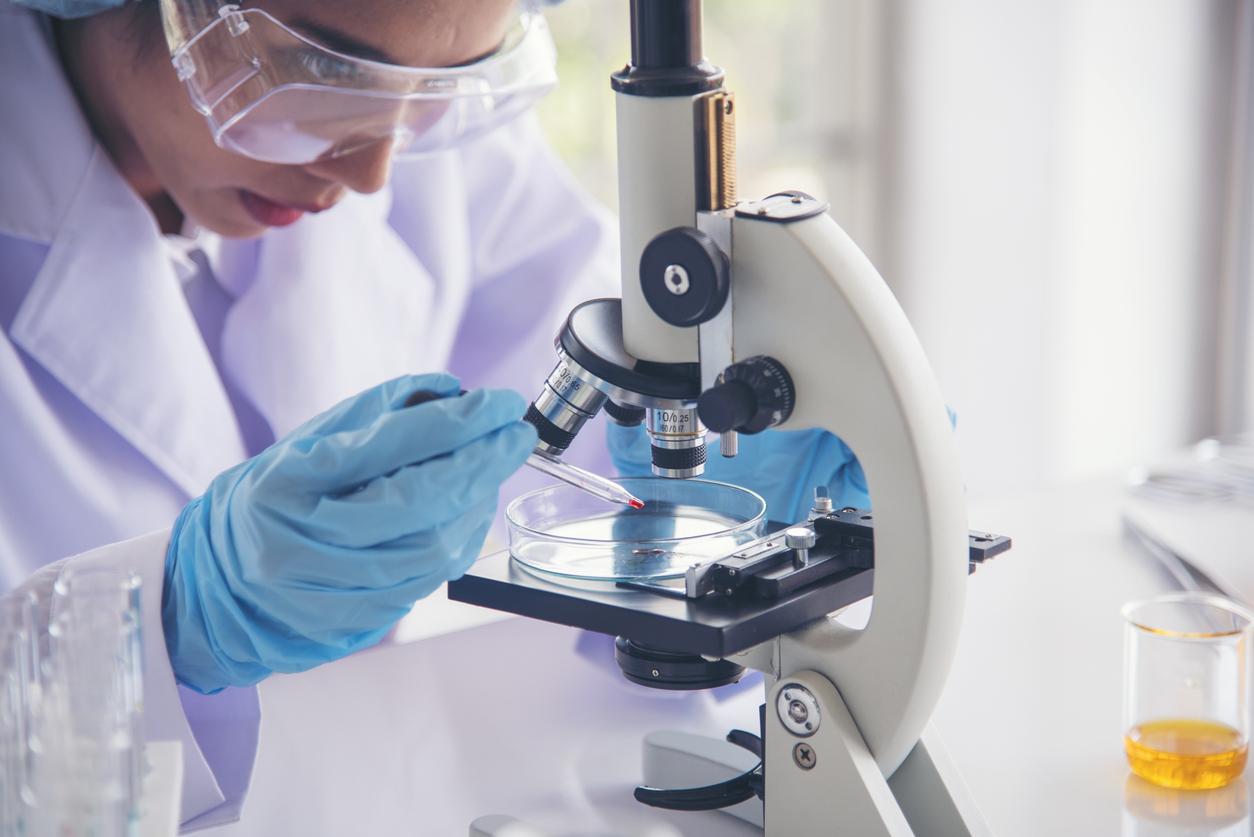According to a study, a good level of vitamin D in the blood could limit the appearance of several cancers. We find this vitamin in certain dairy products and our body produces it thanks to … exposure to the sun.

- Vitamin D is important in regulating cell function
- Rickets, tetany or anemia are signs indicating a possible vitamin D deficiency
Could regular sunbathing allow us to avoid certain cancers? Because it is by exposing itself to the sun that the body produces the most vitamin D. A study published in the journal Seminars in Cancer Biologycarried out by researchers from the University of Eastern Finland and that of Madrid, estimates that a lack of vitamin D would increase the risks of developing breast and prostate cancer.
Vitamin D plays an essential role in the fixation of calcium in the bones, immunity or even the mineralization of the teeth. The body produces it when it is exposed to the sun or absorbs it. via certain foods such as butter, natural yoghurts or even mushrooms. People who have deficiencies can also take vitamin D vials, sold in pharmacies. According to the study, too low a level could reduce the prognosis of sick people because vitamin D allows the proper functioning of cells. In case of lack, these are less effective and can more easily become cancerous.
The body’s responsiveness to vitamin D is also important
“There are no direct symptoms that will show vitamin D deficiency,” underlines Jean-Daniel Gradeler, general practitioner in Saint-Privat-la-Montagne, in the North-East of France. According to the National Agency for Food, Environmental and Occupational Health Safety (ANSES), there are nevertheless clinical signs, such as osteomalacia, bone rickets, reduced muscle tone, tetany attacks and convulsions (related to hypocalcaemia) or even anemia. But, from one individual to another, the same dose of vitamin D does not necessarily produce the same level in the body. It depends on how the body processes and assimilates it. The lower the reactivity, the more vitamin D must be taken to compensate. According to the researchers, good reactivity would also reduce the risk of developing cancer.
According to ANSES, the average intake of vitamin D in the French population from food is 5.2 µg/d for children aged 1 to 3, 2.6 µg/d for children aged 4 to 10. years, 2.9 µg/d in children aged 11 to 17 and 3.1 µg/d in adults aged 18-79. The Population Dietary Reference for Vitamin D sets the requirement at 15 µg/d for adult men and women. However, certain populations are more at risk of having vitamin D deficiencies because they are exposed to little sunlight or have increased needs. This is the case for newborns, infants, pregnant women and the elderly. For them, it is therefore essential to increase vitamin D intake.


.

















